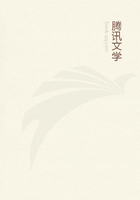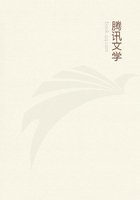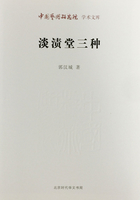Proceeding upon these principles we appear to arrive at the conclusion that nineteen-twentieths of all the writings which have ever been ascribed to Plato, are undoubtedly genuine. There is another portion of them, including the Epistles, the Epinomis, the dialogues rejected by the ancients themselves, namely, the Axiochus, De justo, De virtute, Demodocus, Sisyphus, Eryxias, which on grounds, both of internal and external evidence, we are able with equal certainty to reject. But there still remains a small portion of which we are unable to affirm either that they are genuine or spurious. They may have been written in youth, or possibly like the works of some painters, may be partly or wholly the compositions of pupils; or they may have been the writings of some contemporary transferred by accident to the more celebrated name of Plato, or of some Platonist in the next generation who aspired to imitate his master. Not that on grounds either of language or philosophy we should lightly reject them. Some difference of style, or inferiority of execution, or inconsistency of thought, can hardly be considered decisive of their spurious character. For who always does justice to himself, or who writes with equal care at all times? Certainly not Plato, who exhibits the greatest differences in dramatic power, in the formation of sentences, and in the use of words, if his earlier writings are compared with his later ones, say the Protagoras or Phaedrus with the Laws. Or who can be expected to think in the same manner during a period of authorship extending over above fifty years, in an age of great intellectual activity, as well as of political and literary transition? Certainly not Plato, whose earlier writings are separated from his later ones by as wide an interval of philosophical speculation as that which separates his later writings from Aristotle.
The dialogues which have been translated in the first Appendix, and which appear to have the next claim to genuineness among the Platonic writings, are the Lesser Hippias, the Menexenus or Funeral Oration, the First Alcibiades. Of these, the Lesser Hippias and the Funeral Oration are cited by Aristotle; the first in the Metaphysics, the latter in the Rhetoric.
Neither of them are expressly attributed to Plato, but in his citation of both of them he seems to be referring to passages in the extant dialogues.
From the mention of 'Hippias' in the singular by Aristotle, we may perhaps infer that he was unacquainted with a second dialogue bearing the same name. Moreover, the mere existence of a Greater and Lesser Hippias, and of a First and Second Alcibiades, does to a certain extent throw a doubt upon both of them. Though a very clever and ingenious work, the Lesser Hippias does not appear to contain anything beyond the power of an imitator, who was also a careful student of the earlier Platonic writings, to invent.
The motive or leading thought of the dialogue may be detected in Xen. Mem., and there is no similar instance of a 'motive' which is taken from Xenophon in an undoubted dialogue of Plato. On the other hand, the upholders of the genuineness of the dialogue will find in the Hippias a true Socratic spirit; they will compare the Ion as being akin both in subject and treatment; they will urge the authority of Aristotle; and they will detect in the treatment of the Sophist, in the satirical reasoning upon Homer, in the reductio ad absurdum of the doctrine that vice is ignorance, traces of a Platonic authorship. In reference to the last point we are doubtful, as in some of the other dialogues, whether the author is asserting or overthrowing the paradox of Socrates, or merely following the argument 'whither the wind blows.' That no conclusion is arrived at is also in accordance with the character of the earlier dialogues. The resemblances or imitations of the Gorgias, Protagoras, and Euthydemus, which have been observed in the Hippias, cannot with certainty be adduced on either side of the argument. On the whole, more may be said in favour of the genuineness of the Hippias than against it.

